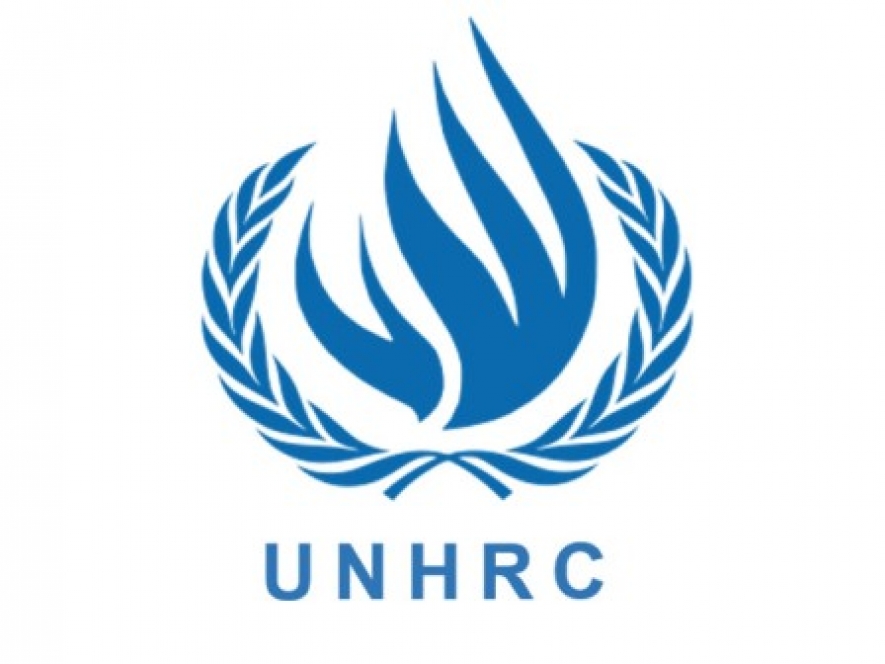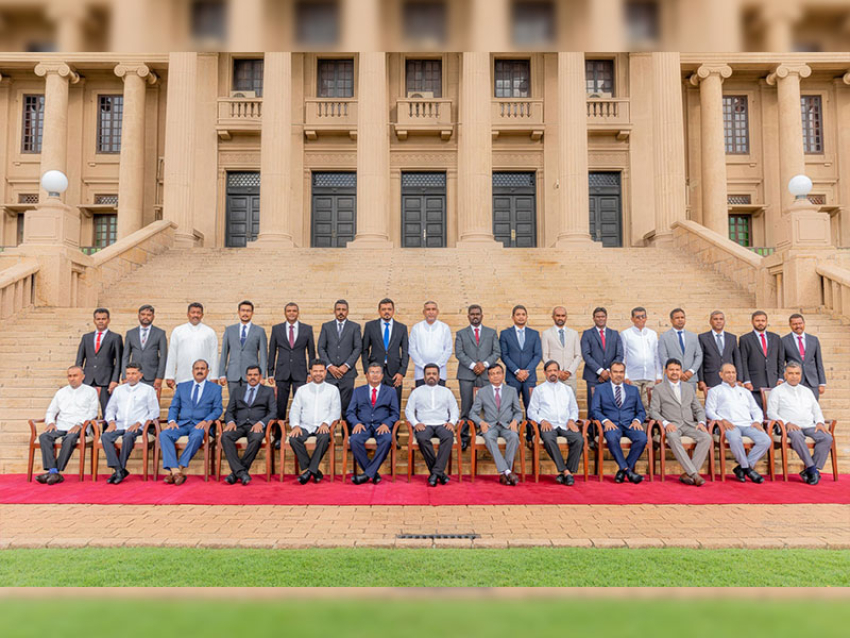The UN High Commissioner for Human Rights will be submitting a report on Sri Lanka’s implementation of the resolution of the 30th session in October 2015, which was co-sponsored by the Sri Lankan government. The government is currently in the process of establishing the transitional justice mechanisms it agreed to at the October 2015 session. As a first public step, the draft legislation for an Office of Missing Persons has been released.
The government is also fast tracking a process of constitutional reform with a draft document expected before the budget in November. It has restored law and order and improved the sense of security of the ethnic and religious minorities. On the other hand, the government has yet to deliver on many commitments, including repeal of the Prevention of Terrorism Act, restoration to people of land taken over by the military, the significant reduction of military presence in the North and East and, most controversially within the country and internationally, the involvement of foreign judges and legal personnel in a Sri Lankan judicial mechanism.
The National Peace Council emphasizes the importance of winning the confidence and support of the general public for these reform efforts. The strength of Sri Lanka’s present reform processes is that they have the concurrence of the political leaderships of the major political parties. However, the outcome of the Brexit referendum in the UK shows that the majority of people must not be made to feel alienated by processes they are either ignorant of, or over which they feel they have no control.
The government has enlisted civil society organizations to conduct public consultations on the proposed transitional justice mechanism with a limited time frame having done the same with regard to constitutional reforms earlier in the year. We call for an expanded process of public engagement so that viable reforms that have the people’s understanding and acceptance are developed especially if there is to be a referendum to implement constitutional change.




















